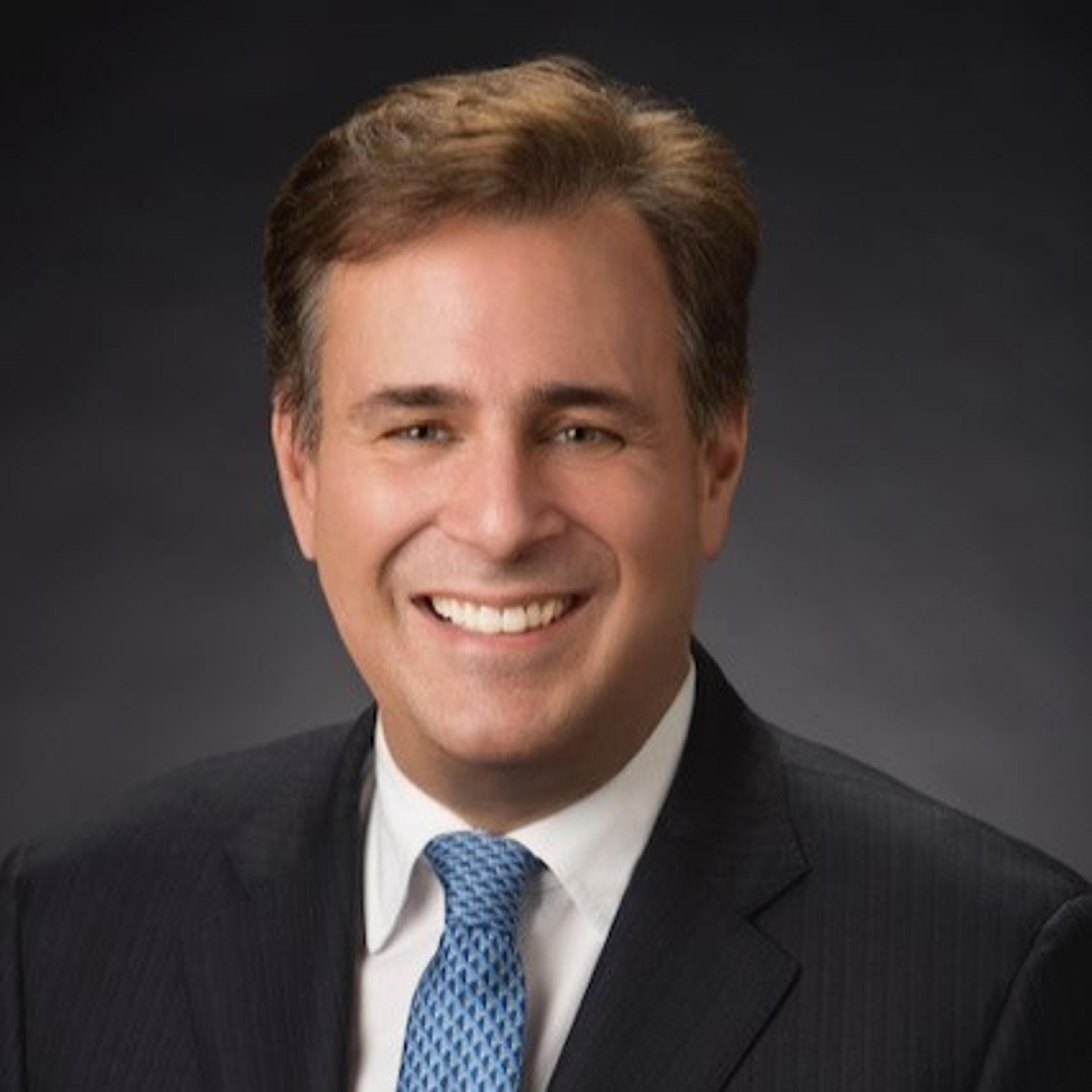Health Disparities In the LGBTQ+ Community

Dr. James Grant
| 3 min read
James D. Grant, M.D. is senior vice president and ch...

A health disparity refers to an inequality that negatively affects the health of a particular population. Typically, health disparities are linked to social or economic disadvantage and are compounded by other issues that challenge the ability of the group to access appropriate care, such as transportation, education or discrimination.
In 2016, the National Institute on Minority Health and Health Disparities identified the LGBTQ+ community as a "health disparity population" because of challenges within the community in both accessing care and using health services. For example, many in the LGBTQ+ community experience discrimination in health care settings and do not feel comfortable or safe sharing gender or sexual orientation with health care providers.
Importance of inclusive health care
A 2020 Center for American Progress survey showed that more than one in three LGBTQ+ individuals have experienced discrimination in health care. Among transgender individuals, this number increases to two out of three. Experiencing discrimination makes individuals more likely to avoid doctor's offices. Among LGBTQ+ people who had experienced discrimination, more than 15% reported avoiding medical treatment out of fear of discrimination.
The percentage of U.S. adults who self-identify as lesbian, gay, bisexual, transgender, or something other than heterosexual is growing: a recent Gallup survey found 7.2% of American adults are LGBTQ+ – double the percentage from a decade ago. Younger individuals – including those born between 1997 and 2004 in Generation Z – are more likely to identify as LGBTQ+ when compared to older generations.
As this younger generation ages, the need for health care providers trained in the specific health needs of LGBTQ+ individuals will continue to grow.
Risk factors
LGBTQ+ adolescents are at higher risk for stigma and discrimination than their heterosexual counterparts. Stigma can result from disapproval or rejection from family or peers. LGBTQ+ youth are also at higher risk of violence than heterosexual youth.
A 2017 study by the Centers for Disease Control and Prevention found youth who identify as lesbian, gay, or bisexual, who are not sure of their sexual identity, or who have any same sex partners, are more likely to have experienced the following when compared to their heterosexual peers:
- Bullying at school
- Suicidal thoughts
- Feelings of sadness or hopeless
This can lead to risky behaviors as coping mechanisms – which can have lifelong health consequences. For example, the LGBTQ+ community has higher rates of alcohol, tobacco and substance use, as well as eating disorders. These behaviors are often linked as risk factors for chronic conditions, including heart disease.
Help, hotlines and health training
The medical community is becoming more tuned in to the specific mental and physical health risks of LGBTQ+ individuals, and more health care professionals are completing education and training to be better able to recognize, acknowledge and address these needs.
For example, Blue Cross Blue Shield of Michigan’s Patient-Centered Medical Home Program encourages training for physicians and their care teams about LGBTQ+ health care issues. It also offers education on how to create more inclusive processes and environments for all patients.
By doing so, LGBTQ+ individuals can feel welcomed and safe to talk about their health concerns.
Individuals who are seeking confidential support or resources can contact the LGBT National Help Center hotline at 888-843-4564 or lgbthotline.org.
James D. Grant, M.D., is senior vice president and chief medical officer at Blue Cross Blue Shield of Michigan.
Photo credit: Getty Images





